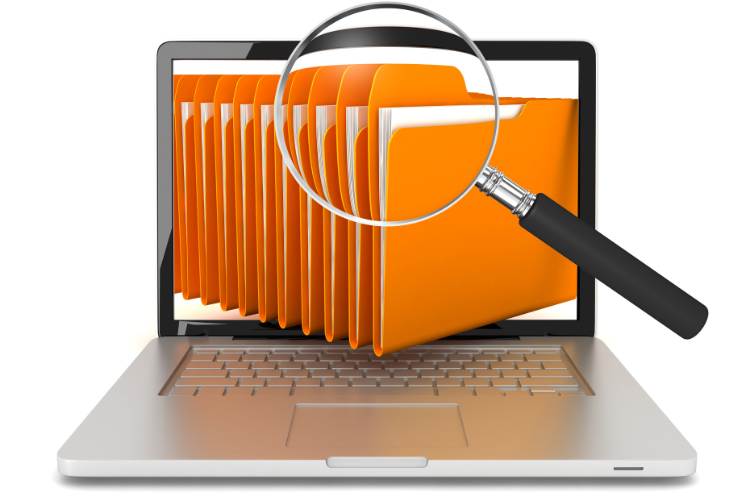
An up to date employee record should be kept on file. The information in the personnel file is strictly confidential and is not to be released without written authorization by the employee, except as required by law. Access should only be granted to the President, the Executive Director, the staff relations committee (if relevant), an human resources consultant and the employee. Employee records provide employers with a consolidated place to store employee information, and provide documentation to substantiate decisions on hiring, promotion, compensation, disciplinary action and termination. These records should be kept in a secure place that ensures privacy.
An employee records policy should identify the information that is collected and retained in employee files, why the information is collected, who has access to that information, how it is used and how long employee records are retained.
The following information should be kept in the file:
- Application form and resume
- Letters of Reference
- Job Description
- Employment Contract
- Employment Start Date
- Salary and salary range
- Personnel Tax Credits Return (TD1)
- Attendance Forms
- Vacation, time off authorizations
- Performance appraisal forms
- Letters of commendation or reprimand
- Courses completed
- Pension and Group Insurance benefit plan information
- Basic biographical detail
It is the employee's responsibility to keep changes such as name, address, telephone numbers, marital status, etc. up to date.
LEGAL REQUIREMENTS
There are a number of legal requirements that organizations needs to consider when establishing their employee records policy and procedures:
Required information
Provincial employment standards mandate the collection and retention of some specific employee information, particularly with respect to payroll, so it is important to review employment standard requirements for your province when determine what information your organization will keep in employee records.
Privacy legislation and privacy requirements
Some provinces have privacy legislation to address privacy of personal information collected by organizations. Organizations should review legislation on a regular basis to ensure they are in compliance.
ATTENDANCE REPORTS
A record of employee attendance assists in tracking time off work as a result of a leave (sickness, education, etc.), vacation, time off in lieu; and also recording any extra time worked (overtime).
It should be completed on a regular basis, (at the end of each month) and signed by the person’s supervisor or their designate. All forms that pertain to the period of the report should be attached (e.g. authorizations for time off or for overtime worked, etc.).
The attendance report is a good summary of any days used by the employee and can be useful in the event of a termination or a resignation in determining days owing for such things as vacation or overtime.
EMPLOYEE ACCESS
An employee has the right to review his or her own employee records, but are not usually permitted to remove or add anything to the content of the file. Organizations should specify how employees get access to their records.
Content for Personnel Files was developed by SaskCulture in November 1999, as part of the SaskCulture Inc. Handbook for Member Organizations. Updated: May 2014.

